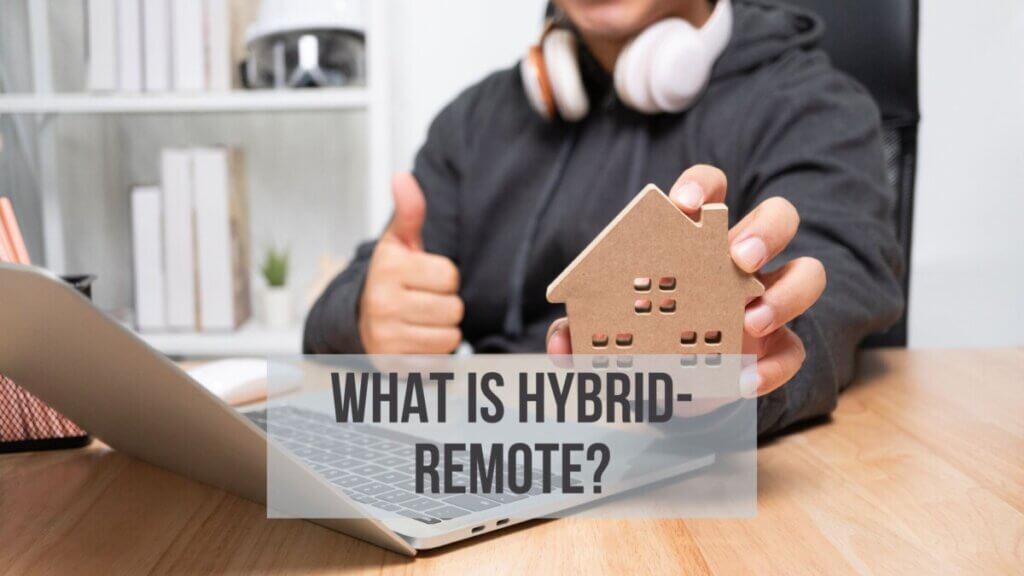There’s no debate – remote work is the future! Whether you’re a fan of telecommuting or not, there’s no denying that it’s a trend that’s here to stay. With the rise of the internet and the ever-growing global economy, more and more people are working from home, or from anywhere in the world.
There are plenty of benefits to working remotely – you can save on commuting costs, have a more flexible schedule.
Successful for veteran employees
In recent years, the remote work debate has reached a fever pitch. Supporters of remote work argue that it allows employees to avoid wasting time commuting and create a better work-life balance. They also cite studies showing that remote workers are just as productive as their office-bound counterparts.

Opponents of remote work argue that it can be isolating and lead to feelings of loneliness and isolation. They also believe that it’s harder to build relationships with colleagues when you’re not working in the same space.
There is no one-size-fits-all answer to the question of whether remote work is successful or not. It depends on the individual worker and the organization they work for. However, there is evidence to suggest that remote work can be successful for veteran employees who are comfortable with self-motivation and have strong time management skills.
Disruptive new ideas
Do you think people are more productive when they work remotely, or are in-person teams more effective? The debate over remote work has been around for years, with no clear consensus. Some people feel that working remotely allows them to be more creative, while others believe that in-person teams are more effective.
There is no right or wrong answer, as it depends on the individual and the company. However, there are some pros and cons to both remote and in-person work. Here are a few things to consider:
Pros of remote work:
-No need for expensive office space
-Flexible hours
-Can work from anywhere in the world
Cons of remote work:
-Isolation from colleagues
-Difficult to collaborate on projects
-Can be distracting at home
Remote work and hybrid work
The COVID-19 pandemic has forced offices around the world to close their doors and send employees home to work remotely. For many companies, this was a temporary measure to keep workers safe and limit the spread of the virus. But as the pandemic continues, some businesses are starting to reconsider their office space needs and whether they need to continue paying for costly office leases.
The remote work debate is not new. Pre-COVID, there were already a number of companies that allowed employees to work remotely at least some of the time. And there were advantages to this arrangement, both for workers and for businesses. Workers liked the flexibility and businesses liked the lower occupancy levels and associated costs.
Now that COVID has forced even more people to work remotely, the debate has heated up again. There are those who feel that working remotely is more productive and efficient, and there are those who think that it’s essential for employees to be in the same physical space in order to build team cohesion and culture.
There is no easy answer, and each business will need to decide what’s best for them. But one thing is certain: How we work is changing, and businesses must adapt accordingly.





